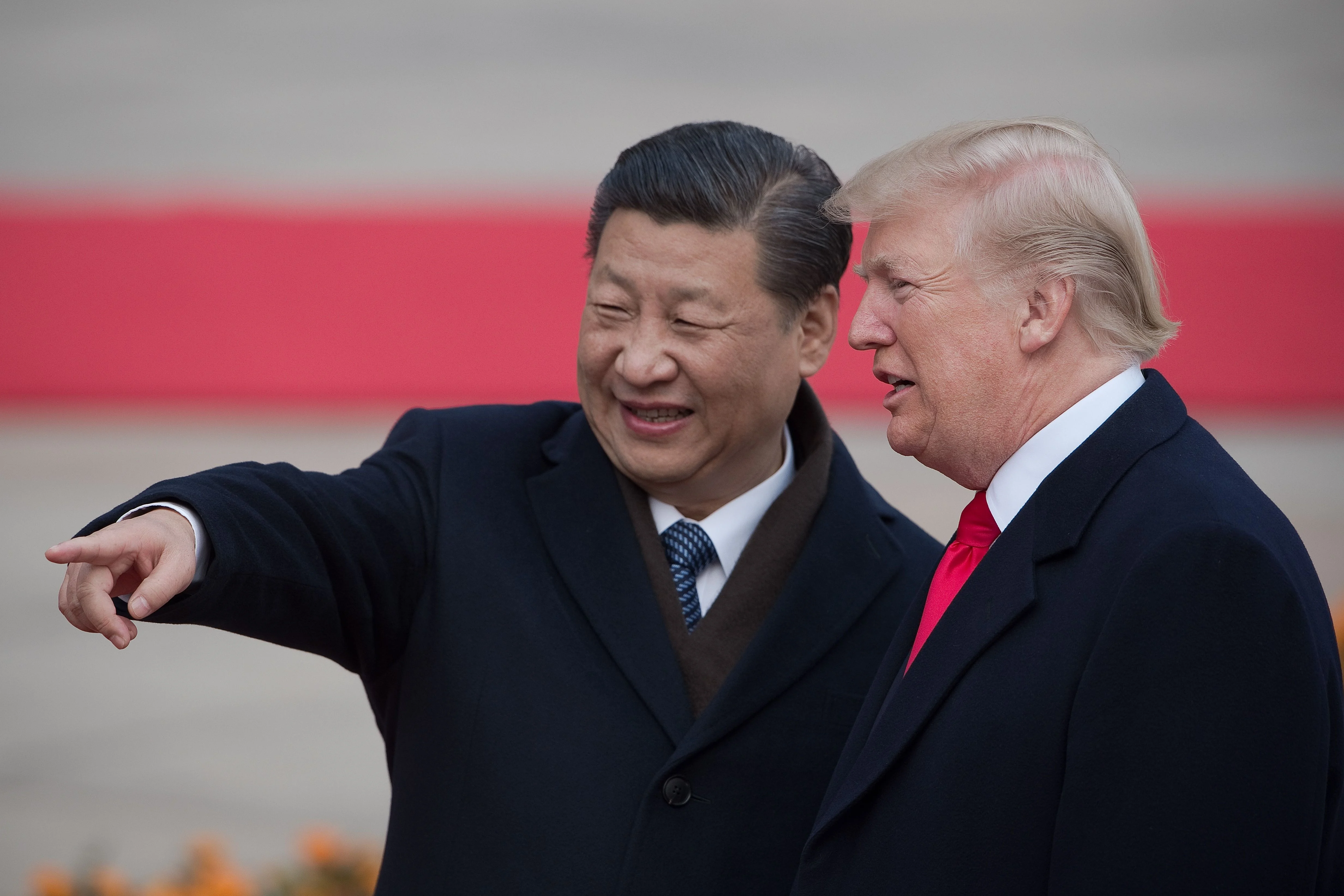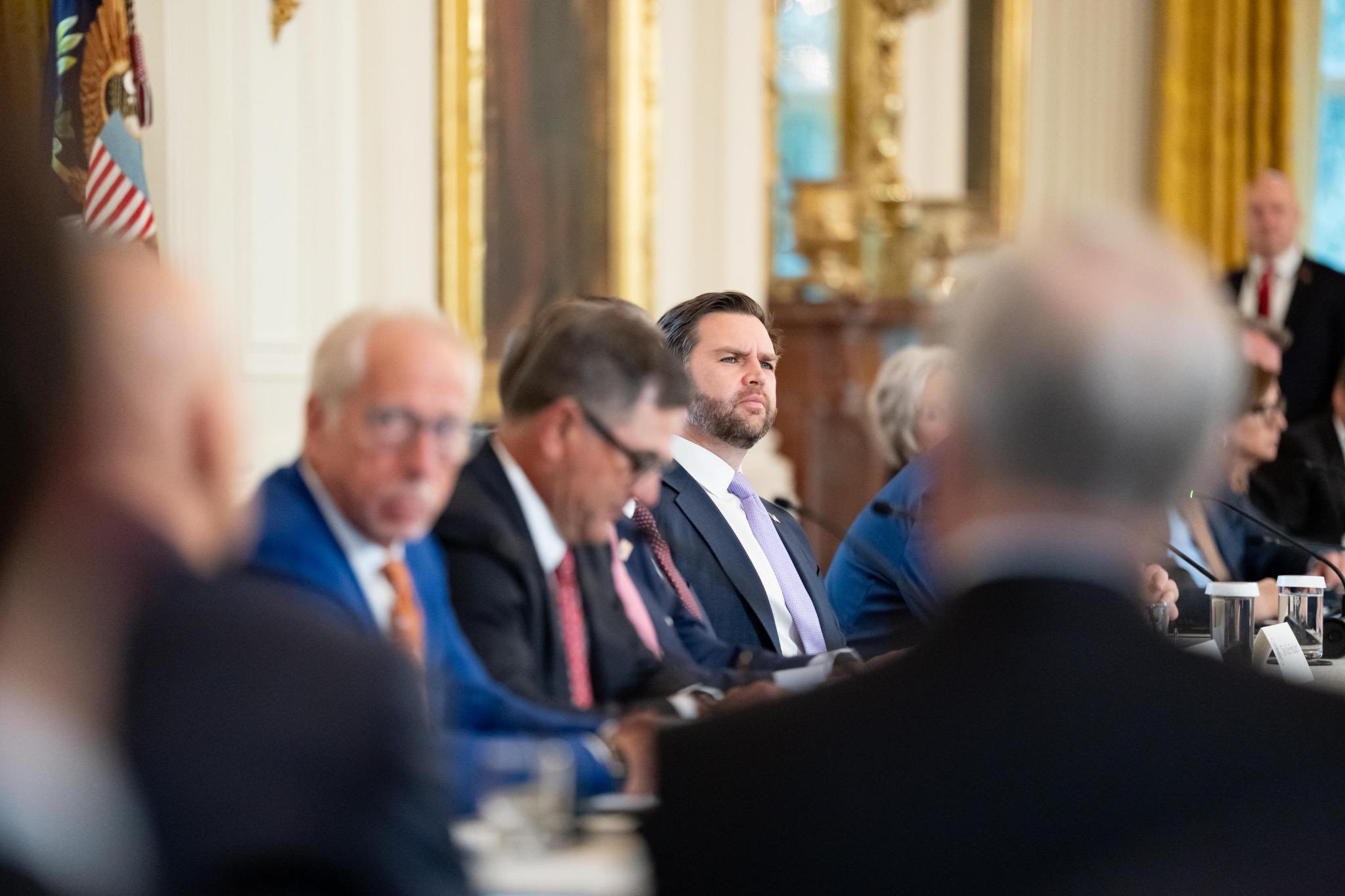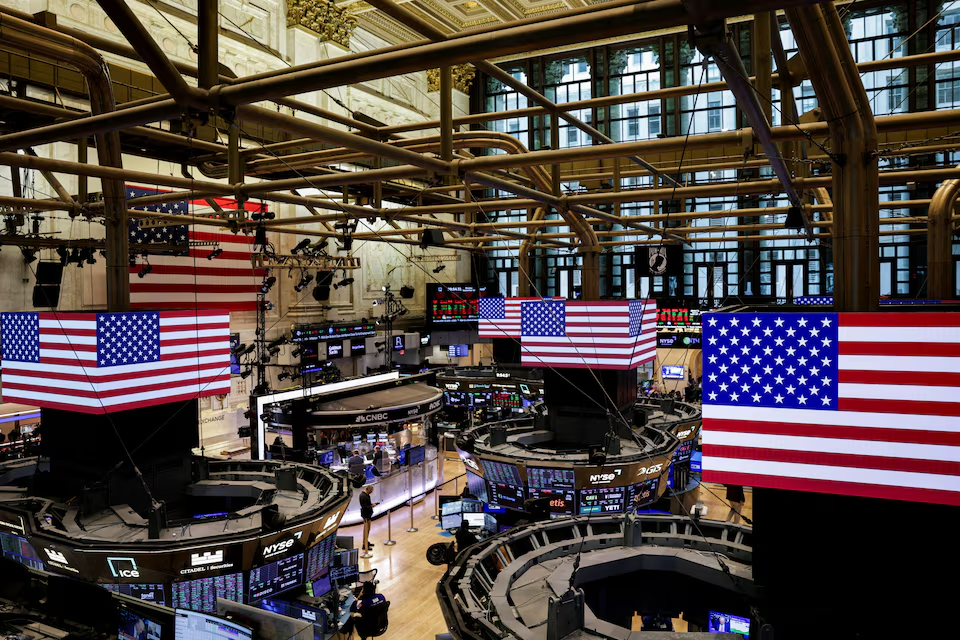China Ready for Trade Talks with the US, But Says Washington Must Take the First Step – Beijing
While U.S. President Donald Trump has expressed optimism about a potential trade deal with China, analysts say Beijing is now in a position where it will not initiate dialogue until it sees "credible concessions" from Washington.
China Ready for Trade Talks with the US, But Says Washington Must Take the First Step – Beijing
China Ready for Trade Talks with the US, But Says Washington Must Take the First Step – Beijing
April 24, 2025 – CBS News Report
While U.S. President Donald Trump has expressed optimism about a potential trade deal with China, analysts say Beijing is now in a position where it will not initiate dialogue until it sees "credible concessions" from Washington.
Trump recently stated that the 145% tariffs imposed on Chinese goods would "come down substantially," but that would depend on China’s next move. “We will have a fair deal with China,” he told reporters.
However, William Yang, a Northeast Asia analyst at the International Crisis Group, told Al Jazeera, “China will not take the first step, because doing so would appear as if it's surrendering to pressure from the Trump administration.” He added that China will firmly maintain its current stance until the U.S. government makes a credible move to allow Beijing to consider entering negotiations and claim a diplomatic win.
China may even interpret Trump’s optimistic comments as a sign that their hardline stance is working.
On Thursday, China’s Ministry of Commerce dismissed Trump’s remarks, stating, “There are currently no trade talks ongoing between China and the United States.” Ministry spokesman He Yadong said, “Any such claims are groundless and have no factual basis.”
While Beijing has said it is open to negotiations, it has also asserted it will not hesitate to confront the U.S. if necessary.
Zhiwu Chen, a professor at the University of Hong Kong’s Business School, noted: “At least on the surface, China is in a more favorable position. Their messaging is cohesive and tightly controlled.” He suggested that Trump and his administration, by signaling mixed messages, may be weakening their own position.
China has responded to U.S. tariffs by imposing a 125% tariff on American exports and implementing countermeasures such as restricting rare earth exports and limiting Hollywood film imports.
Analysts believe that the scope of negotiations will go beyond tariffs and include issues like technology export controls, Taiwan, and China's broader role in the global system.
Marina Zhang, a professor at the University of Technology Sydney’s Australia-China Relations Institute, said, “China will not compromise on its four red lines: Taiwan, democracy and human rights, its political system, and the right to development. However, it does not expect public humiliation or unilateral demands from Washington.”
China may push for relaxed investment screening rules in sectors such as semiconductors, clean energy, and advanced manufacturing. Reducing tensions over Taiwan could also be part of the negotiations — such as limiting high-level visits and arms sales from the U.S.
William Yang concluded, “This is more than just a trade negotiation for China. The outcome will shape U.S.-China bilateral relations over the next four years.”
He added, “China wants the Trump administration to first reduce tariffs. The level of that reduction will likely determine whether China engages in high-level talks.”
For now, U.S.-China trade tensions remain unresolved. Analysts believe negotiations are unlikely unless Washington makes the first move — and China, for the moment, has adopted a strategy of waiting.










